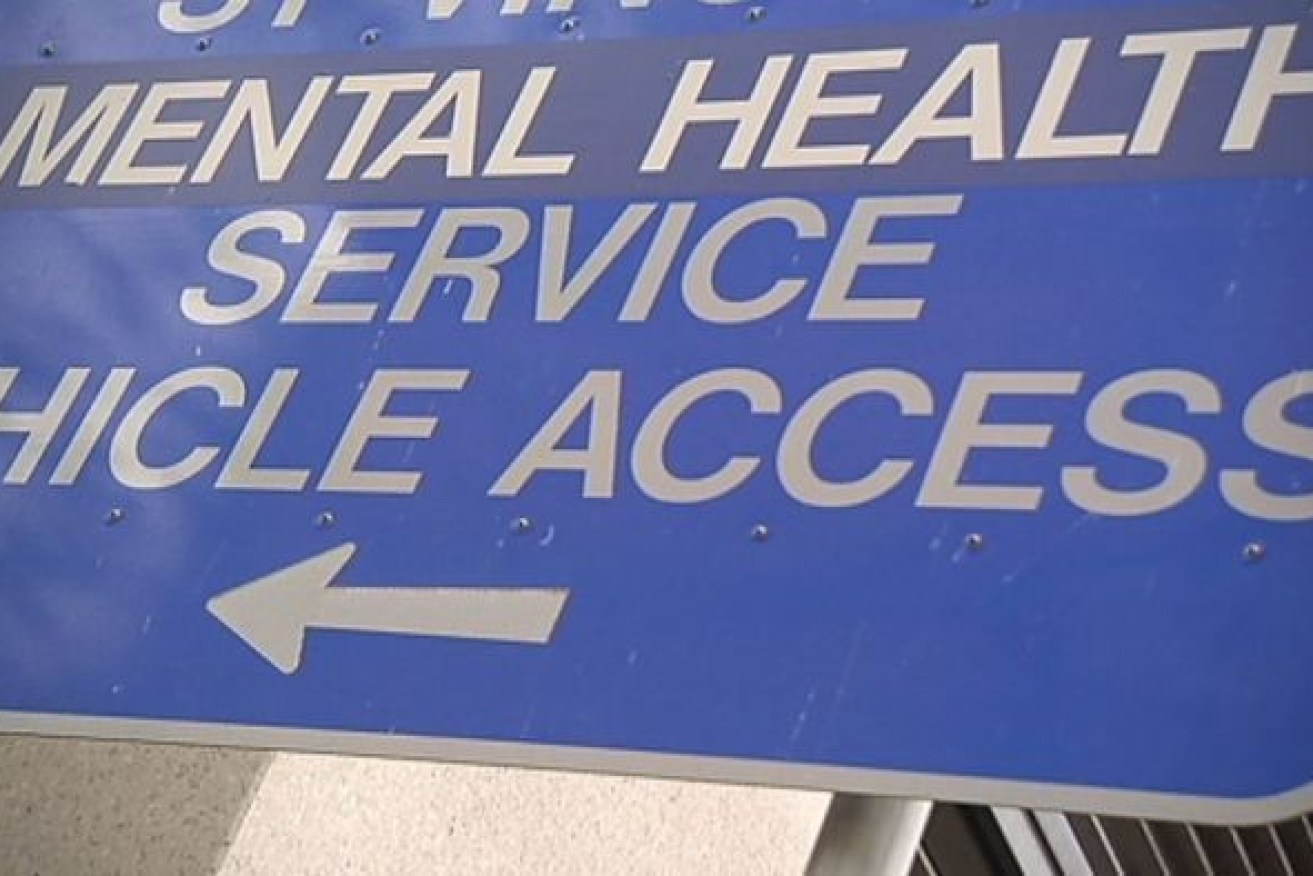Isolated Australians face much higher mental health rates

More remote areas have much higher rates of overnight hospitalisations for mental illness. Photo: supplied
The more remote the area, the higher the rate of hospitalisations for mental illness.
That’s the finding of a new government report which reveals overnight hospitalisations for mental illness were almost six-times greater in some local areas compared with others in 2013/14.
Within major cities, rates were similar regardless of socio-economic factors but they began to increase with remoteness – hospitalisations in remote areas were 1096 per 100,000 people compared with 856 in a high socio-economic area in a major city.

Drug and alcohol use is the main reason for overnight mental health hospitalisations. Photo: Supplied
The most common reason was drug and alcohol use with more than 38,000 overnight hospitalisations, followed by schizophrenia and delusional disorders at 36,000, according to the Australian Institute of Health and Welfare report on Thursday.
The ACT had the lowest rate of overnight hospitalisations for mental health conditions overall while the NSW north coast had the highest.
For drug and alcohol hospitalisations, northwestern Melbourne had the lowest while western Queensland had the highest.
Country South Australia had the highest rate for depressive episodes while Central Queensland/Sunshine Coast had the highest rate for intentional self-harm.
The report says reasons for the variation between areas could be because of differences in the availability of community-based programs and support, differences in the availability of hospital beds, different hospital admission policies or differences in the prevalence of mental health conditions.
Overall, there were more than 213,000 overnight hospitalisations for mental illness in 2013/14, representing five per cent of all overnight admissions.
The number of nights spent in hospital for mental illness was three million, representing 14 per cent of all nights Australians spent in hospital.
Readers seeking support and information about suicide prevention can contact Lifeline on 13 11 14 or the Suicide Call Back Service on 1300 659 467.
– AAP








